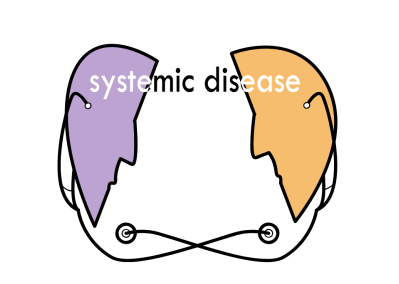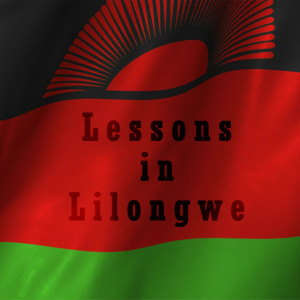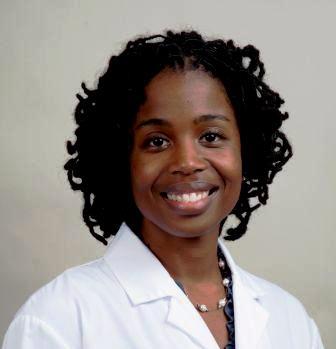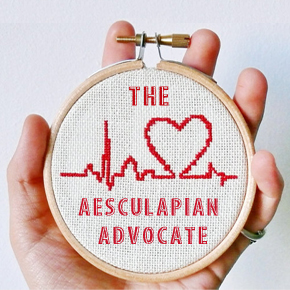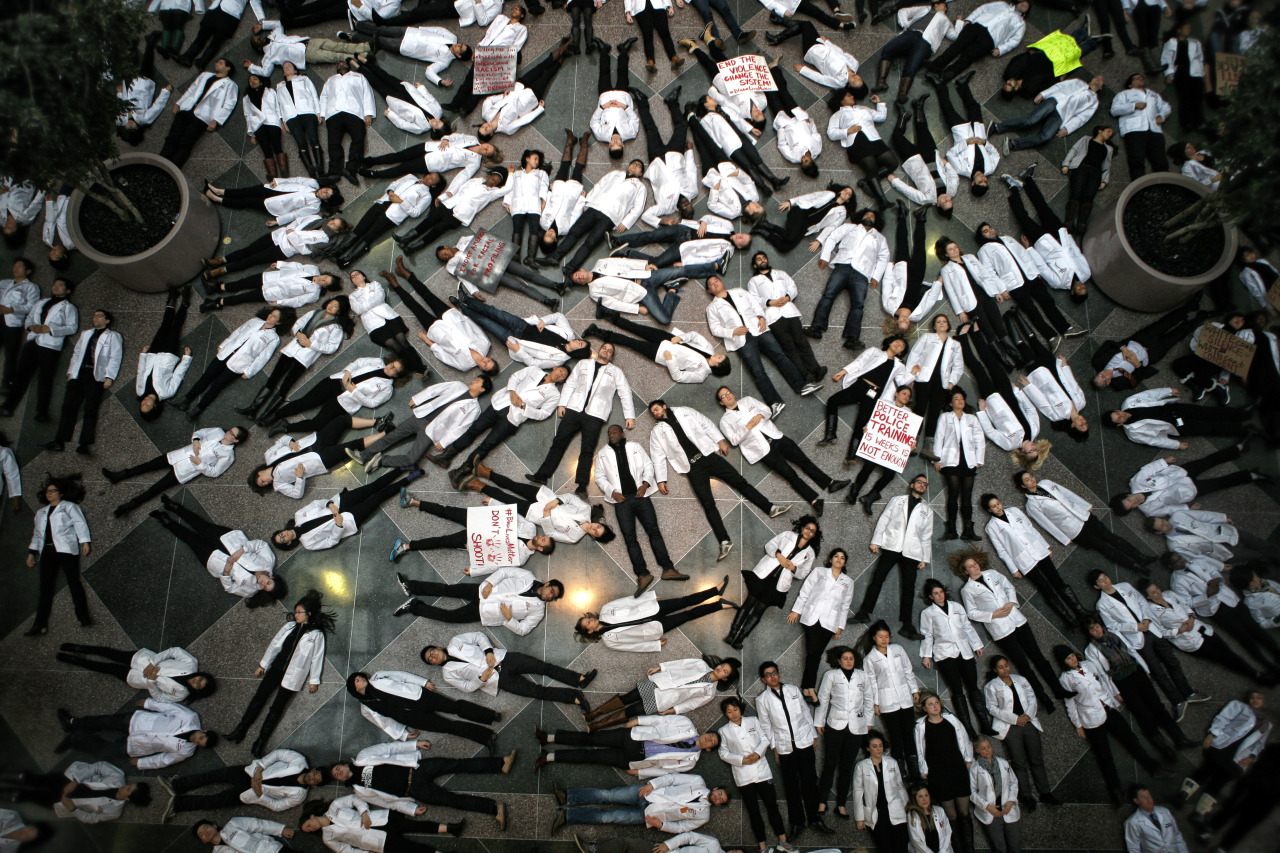Racial Discrimination as an African-American Medical Student
My recent psychiatry clerkship inspired me to examine racial relations during third-year rotations. This reflection originated from a physician submitting a particularly disturbing evaluation of me. She wrote: “[The student does not] recognize and address personal limitations or behaviors that might affect their effectiveness as a physician … [The student is] defensive, rigid, intense and intrusive; unable to see nuances in human behavior that is necessary for analyses of the human psyche; lower emotional quotient than peers.” Her response left me with an open-jawed, stuporous gaze. I could not believe that she had made this kind of assessment after interacting with me in only two patient encounters for less than half a day!

